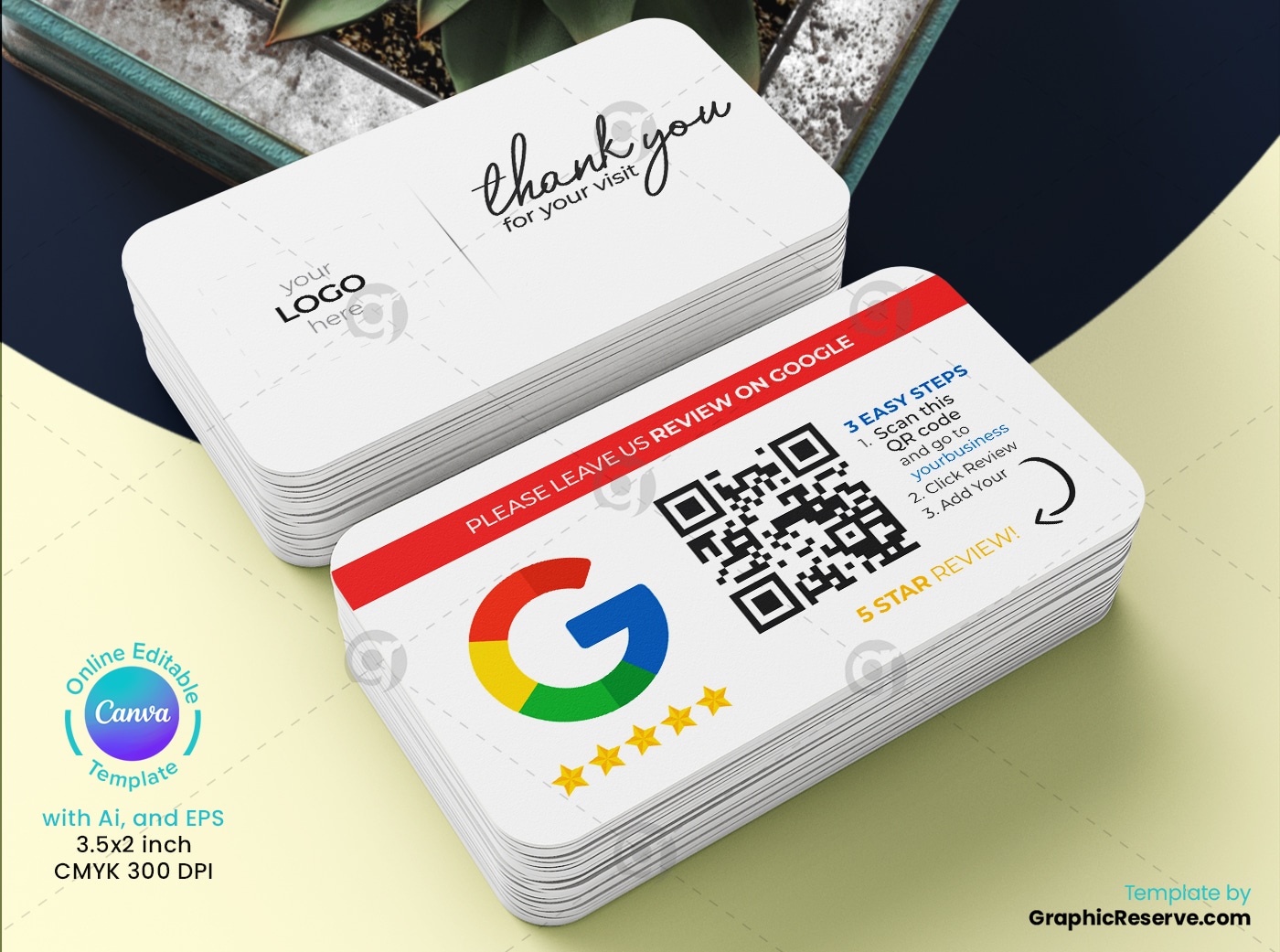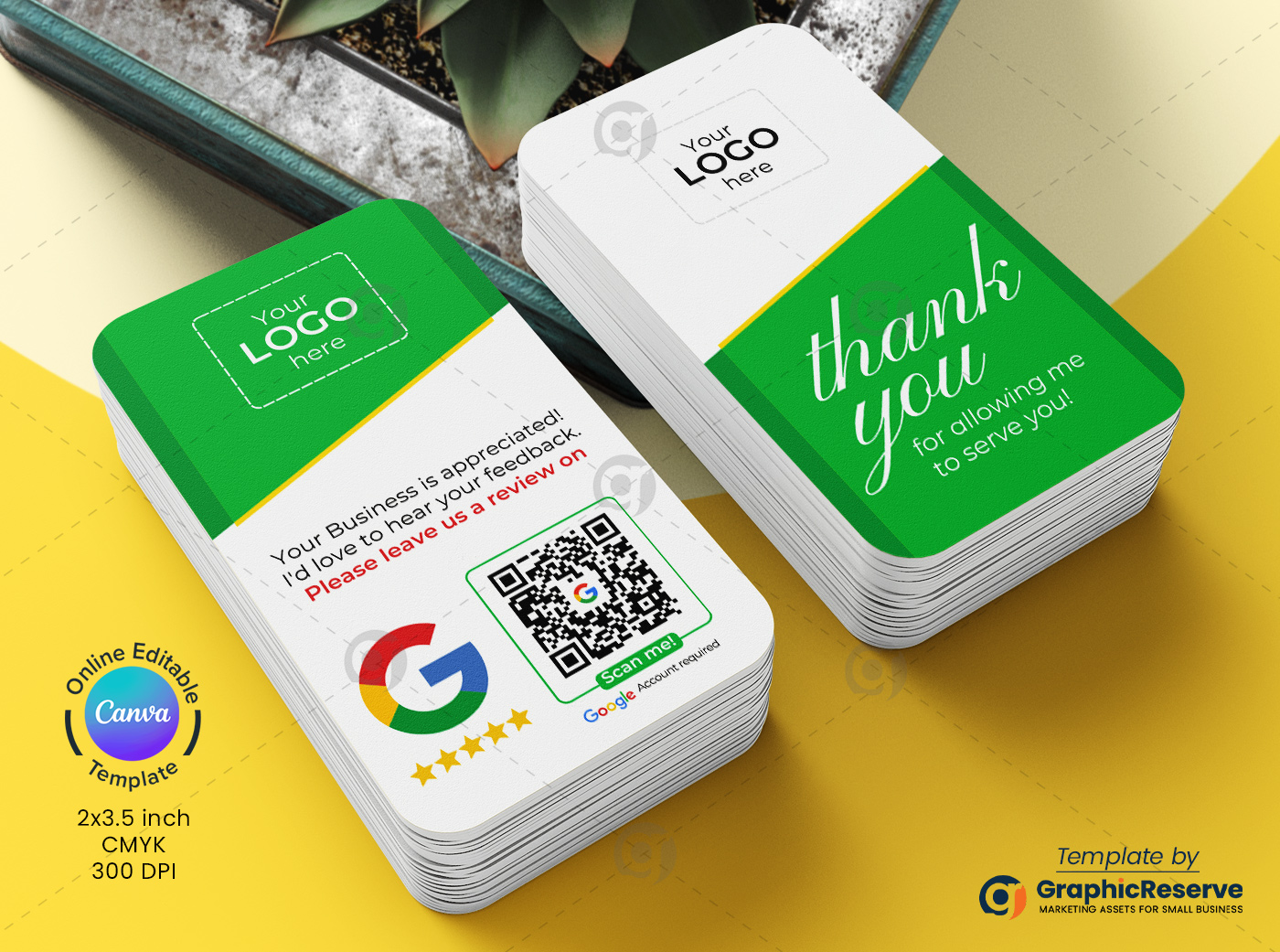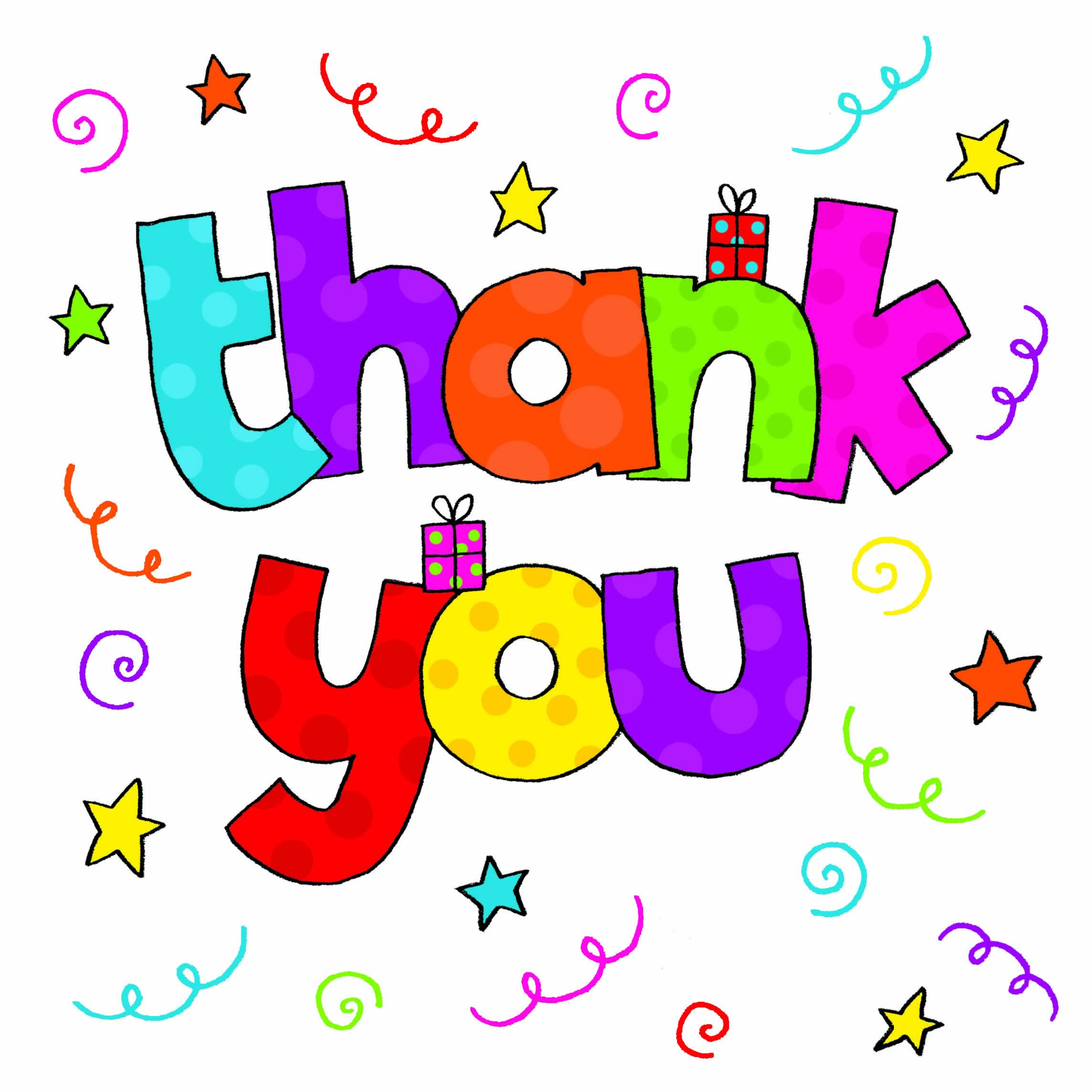Thank You Google - Our Digital Helpers
It is pretty amazing, actually, how much we lean on certain tools and services every single day. From looking up a quick fact to finding our way around a new place, or just keeping up with friends and family, there is a good chance a familiar name pops up time and again. We often reach for these digital helpers without a second thought, but sometimes, a moment of real appreciation bubbles up, a feeling that makes us want to say thanks for the ways they make our lives a little bit smoother, a little bit easier, or just plain better.
That feeling of gratitude, you know, it is a very real one, even when the recipient is not a person you can chat with face-to-face. It might be for something small, like getting an answer right away, or for something much bigger, like connecting with someone far away. There are so many instances where a quick "thank you" feels right, even if it is just a quiet thought to ourselves, perhaps for a problem solved or a task made simpler. It is about acknowledging the helpful hand, even if that hand is made of code and data.
This kind of appreciation can show up in many ways, from a quick mental nod to wanting to offer more formal feedback. It really just speaks to how deeply some of these services are woven into the fabric of our daily routines. When something works just right, or gives us exactly what we need, that sense of gratefulness is quite genuine, and it makes us think about the quiet but constant support these digital tools provide, making life, in some respects, a bit more manageable.
Table of Contents
- The Everyday Helpers
- Bridging Worlds and Building Futures
- Capturing Moments and Making Sense of It All
- The Art of Digital Gratitude
- The Grammar of Gratitude
The Everyday Helpers
Think about the times you are trying to learn something new, maybe like how to write some HTML code. It is a bit like learning any new skill; you need someone to show you the ropes, or at least point you in the right direction. When someone is generous with their time and also a good teacher, that is a truly valuable thing. You might remember those early lessons, the steps you took to build something on your own, and the feeling of accomplishment when it all clicked. It is quite rewarding, that kind of learning, and often, you rely on various tools to help you along the way, just like a teacher helps you learn.
How do we show appreciation to our digital companions? - thank you google
Our phones have become these little pockets of helpfulness, really. Take, for instance, having a conversation with a digital assistant. You might need a certain kind of phone, like a Pixel 4 or one of the newer folding models, and the assistant needs to be set to English. It is a small detail, but it means that the tool is ready to understand you and help you out. When it works, it is a pretty seamless experience, making daily tasks a little less fiddly. We might not say "thank you Google" out loud every time, but there is a quiet nod of appreciation for that smooth interaction.
Sometimes, our interactions are about buying things. When you finish up a purchase, a simple message pops up, "Thank you for shopping with Google." It is a polite little note, a way of acknowledging your business. This kind of interaction, you know, it is very common in the online world. It helps make the whole experience feel a bit more personal, even if it is just an automated message. It closes the loop on a transaction, making it feel complete and recognized. It is a basic courtesy, really, but one that helps build a good feeling about the whole process.
Bridging Worlds and Building Futures
Connecting people across different languages is a huge thing, isn't it? It is pretty amazing when a tool helps bridge those gaps. Imagine someone being so happy that a language, like Myanmar, gets added to a translation service. That is a truly big deal for many people, helping them communicate and understand each other better. The best way to show that kind of happiness, apparently, is to send feedback directly through the service. That way, the people who work on these tools know their efforts are making a real difference. It is a very direct way to say "thank you Google" for that kind of global reach.
Does Google hear our "thank you Google" when we offer suggestions? - thank you google
When you are trying to get ahead, like building a good resume, you often look for all the help you can get. You might wonder if there is a specific app or workshop that could help you put together a strong resume. Or, perhaps, you might think about using a more common tool, like a word processing app from a different company. It is a practical question, really, trying to figure out the best tool for an important job. These choices show how much we rely on digital tools for personal growth and career steps. The ease of finding such help, or at least looking for it, is something we often take for granted, but it is a service that helps many people move forward.
Capturing Moments and Making Sense of It All
Creating something, like a survey, and then having people respond to it, is a pretty neat process. When someone finishes filling out your survey, a message usually appears, saying something like, "Your responses have been recorded." It is clear, it is to the point, but sometimes, you might want to make it a little more personal. You might think, "Is there a way to change that message to something more fitting for my survey?" It is about adding a personal touch, making the interaction feel a bit more unique. That desire to customize, to make things truly your own, is a very human impulse, even in the digital space. It shows how much we care about the small details of how we communicate.
What happens after we say "thank you Google" for a survey? - thank you google
Moving a lot of photos from one place to another, like transferring fifteen thousand pictures from old services to a new one, can be a bit of a project. When they all land in the new spot, it can sometimes be a bit of a jumble, with duplicates and pictures all mixed up. You might find yourself wondering, "Is there a simple way to get these organized, perhaps by when they were taken or where they were taken?" It is a common challenge for anyone with a big collection of digital memories. The ability to sort and find things easily is so important for keeping our digital lives in order. That need for organization, for things to be in their proper place, is something we really appreciate when a tool helps us achieve it.
The Art of Digital Gratitude
We often say "thank you" to our digital helpers for their assistance. You might ask your assistant a question, and it gives you the answer you needed. After that, you might say, "Thank you." It is a natural thing to do, a polite exchange. Then, you might wonder, "Could my assistant say 'you're welcome' back to me?" It is a small thing, perhaps, but it adds a layer of human-like interaction to the conversation. That desire for a reciprocal polite phrase shows how much we look for connection, even with the tools we use every day. It makes the interaction feel a little more complete, a little more like talking to a person, in a way.
Can our digital helpers learn to say "thank you Google" back? - thank you google
The very idea of "thank" means to show appreciation or gratefulness. We use the phrase "thank you" often, usually without needing a specific subject, just to be polite or to really make a point about something that happened before. It is about letting someone know you are happy about something they did or gave you. It is a way to express that good feeling, that sense of being pleased or grateful for a kindness, a favor, or some help. You might tell someone how much you appreciate them, how grateful you are. For instance, you would definitely show appreciation to your friends if they put together a really nice surprise party for your special day. A "thank" is really an expression of gratitude or a recognition of someone's actions, their help, or their kindness. It is used to acknowledge and show your gratefulness for something someone has done. This applies to people, but it is also the feeling that makes us want to say "thank you Google" for the services provided.
The Grammar of Gratitude
When we talk about language, even small marks matter. For instance, marks like apostrophes are usually for showing that something belongs to someone in the singular form, or when words are shortened. So, if you were to write "thank's," that apostrophe would only fit if "thank is" was the correct way to say something, which it is not in this context. It is just "thanks" or "thank you." This small detail, you know, it shows how carefully we use language, even when expressing something as simple and heartfelt as gratitude. It is a reminder that even in quick notes or digital messages, the way we put words together matters, helping our message come across just right, whether we are saying "thank you" to a person or to a helpful digital service.
This article has explored the various ways people interact with Google's services and express gratitude, ranging from appreciating help with learning HTML to recognizing the convenience of Google Assistant on Pixel phones. It touched upon the polite "thank you for shopping" messages, the importance of user feedback for services like Google Translate, and the search for tools to aid in resume building. The piece also looked at the desire for customization in survey responses, the challenges of organizing digital photos, and the wish for reciprocal politeness from AI assistants. Finally, it considered the fundamental meaning of "thank" and a small point about grammar in expressing appreciation.

Google Review Templates (20+ Social Media Post Canva) - Graphic Reserve

Professional Google Review Thank You Card Template

รวมกัน 91+ ภาพ ภาพ Thank You สวย ๆ ใหม่ที่สุด